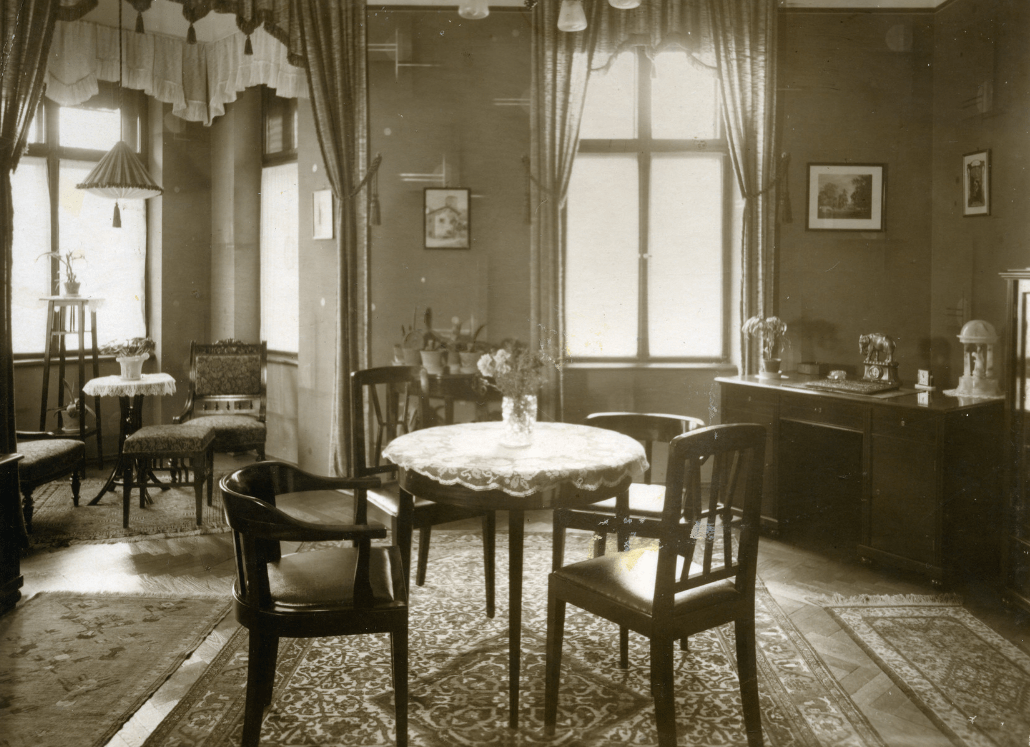
Nazi leaders sought to ensure support among the German population for a new war by preventing any significant decrease in the standard of living. However, this aim stood at odds with expensive rearmament efforts and an allocation of economic resources for war. The expropriation of the Jewish population in the Reich was thus justified on grounds of wartime economic necessity, as was the eviction of Jews from their homes, which were then reassigned to non-Jews. The exclusion of Jews from economic life intensified in late 1938 with legalized forcible confiscation and ‘Aryanization’ of Jewish businesses and property. Nazi leaders also made early rudimentary efforts at this time to concentrate Jews in specific districts and buildings (‘Jew houses’) as a complementary step in pushing Jews to the margins of society before settling upon a ‘solution’ to the ‘Jewish question’.
The PMJ documents made available here illuminate these issues from two sides: Nazi officials in the Reich and Nazi-backed authorities in areas of German influence or occupation on the one hand, and voices of protest from those affected by the policies on the other. They also chart the spread and continued development of these policies over several years.
